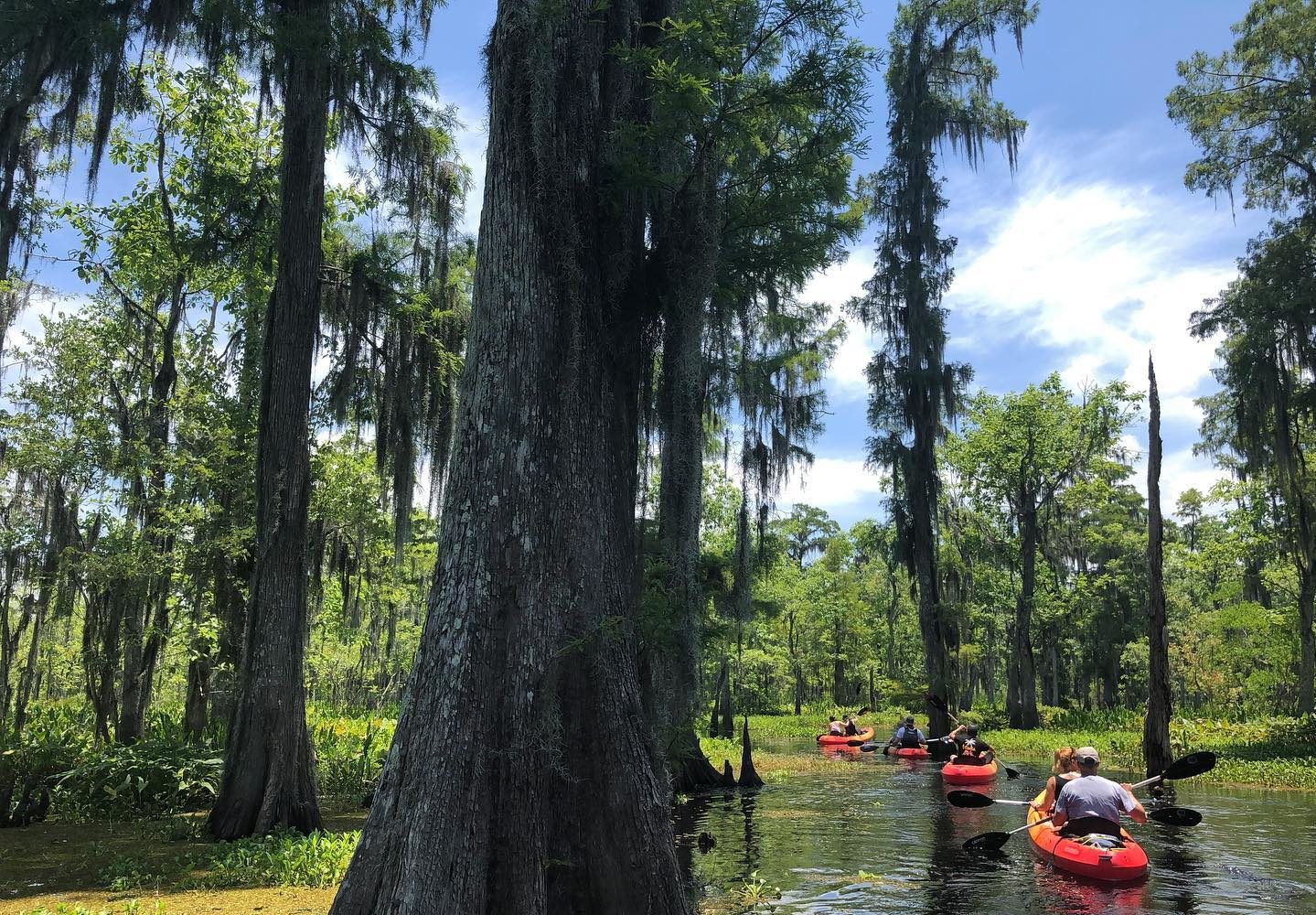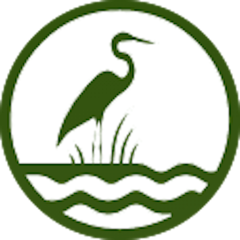TEK

by Emma Reid
Halfway through my kayak tours, I get my group together to take a break at a scenic spot so that they can stop to look around while I begin to delve into some deeper, more serious issues facing Louisiana. It is not the happiest conversation to have, but I feel that it is my duty at a steward of this environment to inform tourists of what is really going on here rather than simply pointing out wildlife and sharing fun facts about plants. Not everyone wants to hear about why we are losing a football field of marsh every hour, which is hard to even comprehend, but it is important that they do regardless in hopes that they spread the word about what is happening in south Louisiana.
After talking about all the reasons why this land is sinking, I try to wrap up the conversation on a happy and hopeful note. I talk about my documentary on river diversions and other cool ways of restoring the coast like planting trees and using old Christmas trees. Then, I talk about the social side of restoration, like the dichotomy between scientists and fishermen fighting against each other for the same goal of restoring the coast, which is pretty interesting because many tourists can usually relate that to similar issues in their home town. The communication between scientists and fishermen is crucial for restoration in Louisiana, yet the information that fishermen have is usually undermined because it is not “scientific.” We call their information TEK (traditional ecological knowledge), and it is very valuable to use because it is what science does not see. It is what people learn from being in the environment every single day and information passed down from many generations. Their information being shared and used alongside science is crucial for our restoration. This type of discussion makes our customers start to connect to the people and the land more personally, and even if they remain speechless after I ramble on for 10 minutes, I know I at least did my part in representing the environment in Louisiana and they will leave here knowing that this place is special, in peril, and worth saving.
